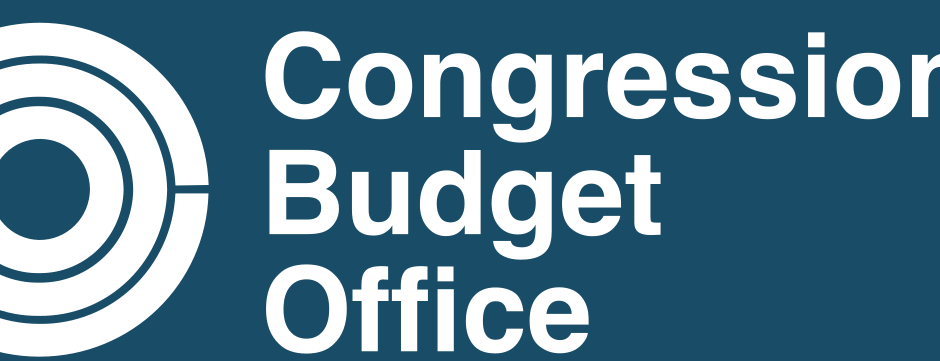The U.S. Congressional Budget Office (CBO) estimates that eliminating the limit on rebates that drug manufacturers pay to Medicaid, now capped at 100 percent of a drug’s average manufacturer price (AMP), “would reduce direct spending in Medicaid by $15.9 billion over the 2021-2030 period.”
The finding was in CBO’s “score” of the U.S. House Energy and Commerce Committee’s legislative contribution to the combined budget reconciliation/pandemic relief bill being fashioned by the Biden administration and congressional Democrats.
For branded drugs, the Medicaid rebate amount is the greater of 23.1 percent of the average manufacturer price (AMP) per unit or the difference between AMP and the best price per unit and adjusted by the Consumer Price Index-Urban (CPI-U) based on launch date and current quarter AMP. If the language lifting the Medicaid rebate cap becomes law, it would be possible for a drug’s URA to be greater than AMP, if the price of a drug has been rising faster than the rate of inflation.
In other words, manufacturers would owe states rebates with a value higher than AMP, which is the average of what wholesalers and retail community pharmacies that buy direct pay for a drug. If the provision applies to the 340B program, it would mean additional savings coming to 340B covered entities. Some drug company representatives believe this might force manufacturers out of the Medicaid and 340B programs.
A drug’s 340B ceiling price is the lower of best price available from the manufacturer, or AMP minus URA. In cases in which a 340B ceiling price would otherwise be below zero (due to a drug having a history of price increases higher that the inflation rate), 340B program requirements (informally before 2011, in written guidance since 2011, and in regulations in place since 2019) stipulate that the ceiling price be set at $0.01.
The Energy and Commerce Committee language about Medicaid rebates in the budget reconciliation/pandemic relief bill is silent about the provision’s effect on 340B ceiling prices. Therefore, it is unclear whether the provision would have a 340B impact.
Inside Health Policy (subscription required) reports that “drug lobbyists aren’t holding out much hope for killing the Medicaid rebate measure because Democrats plan to pass pandemic-relief legislation using budget reconciliation, which doesn’t require GOP support, and some Republicans support at least raising the rebate cap.” It said drug industry lobbyists are trying to delay the changes until 2023, in hopes of the seating of a new Congress friendlier to the industry.


